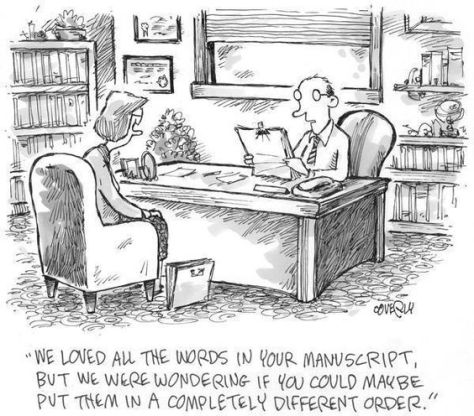As debut authors, we’re advised to follow the word counts suggested as being acceptable by writing gurus:
https://jerichowriters.com/average-novel-wordcount/
https://hobbylark.com/writing/Word-counts-by-Genres-Market-Size
In writing my crime novels, I’ve brought the last four in at about 80,000 words, though the first story I wrote ballooned to 179,000 words, entirely due to my ignorance of word counts! I’ve lopped 40,000 words off it, and as I prepare to join KDP Select I’m marketing it as a double-length story for the same price as the others. Good value!
The main reason that word counts are crucial is the cost of printing, storing and transporting books. Publishers will risk signing a book of 80,000 words, which amounts to 300-325 pages, depending on font size and formatting, but any bigger than that could see diminishing returns. Such concerns don’t apply to digital books, but an unknown writer needs to be introduced to readers in a digestible size.

I’ve read several very long novels in recent years, including Neal Stephenson’s Reamde at 1,056 pages and 322,080 words. He’s just published a new novel, Fall; or, Dodge in Hell which at only 896 pages and 276,660 words has had some book critics calling it a short story!
Once a writer has established good sales figures, they’re allowed to sprawl. In 2019, I’ve read several crime novels of 500 + pages: John Connolly’s A Book Of Bones was 688 pages and 126,125 words, while Don Winslow’s The Border is 736 pages and 253,460 words.
I’m currently enjoying Knife by Jo Nesbø, which features his protagonist cop Harry Hole, a loose cannon with addiction issues. The plot involves his long-term life partner being murdered by a serial killer he captured who‘s been released from prison after completing his sentence. While he was incarcerated, Harry killed the killer’s son, who’d also become a murderer, so bad dad is after revenge.

Nesbø devotes many pages to exploring Harry Hole’s thinking. After reading an eight-page chapter in which he ruminates on life, love, faithfulness, the rock music he’s listening to and the alcohol he’s drinking, I considered how much space I’d permit my detective protagonist to do something similar. It wouldn’t be more than half-a-page, as I’m so aware of hitting the 80,000–word count. My hardback copy of Knife is 530 pages long, some 147,465 words, according to the reading length website:
https://www.readinglength.com/
I’d like to do more of the same. I feel constrained by 80,000 words. In writing a series featuring the same characters, I’ve attempted to bond the reader with them, which could be better done with more space.
Of course, should I decide to go ahead with self-publishing on KDP Select, I can write books of whatever length I like, without the interference of a literary agent and publisher. Such temptation requires restraint.
Do you feel like you need more space to tell your stories?







